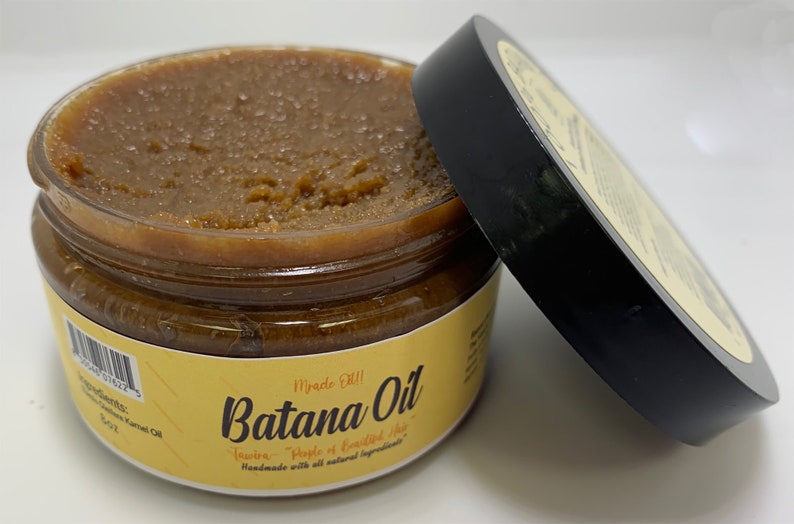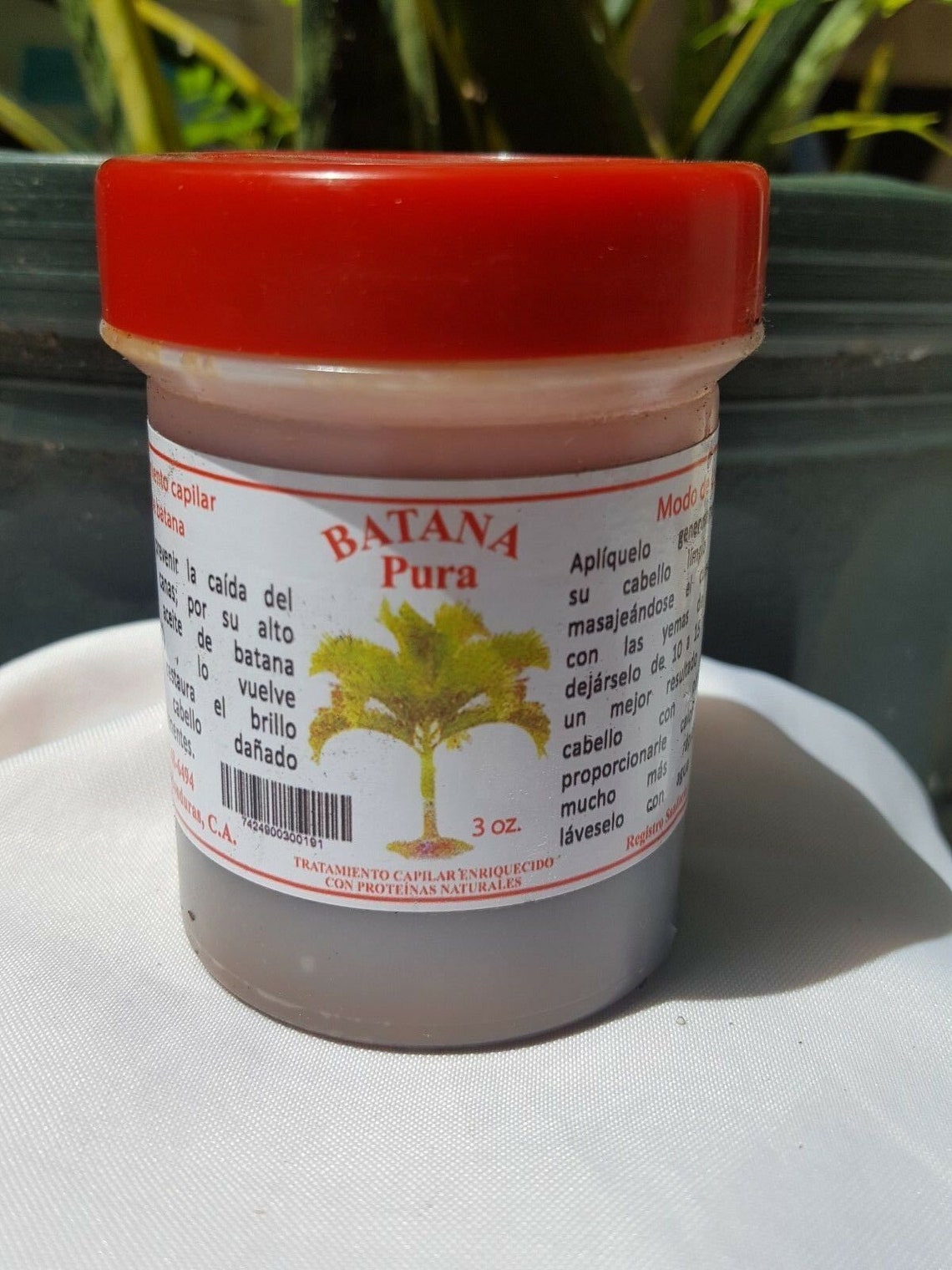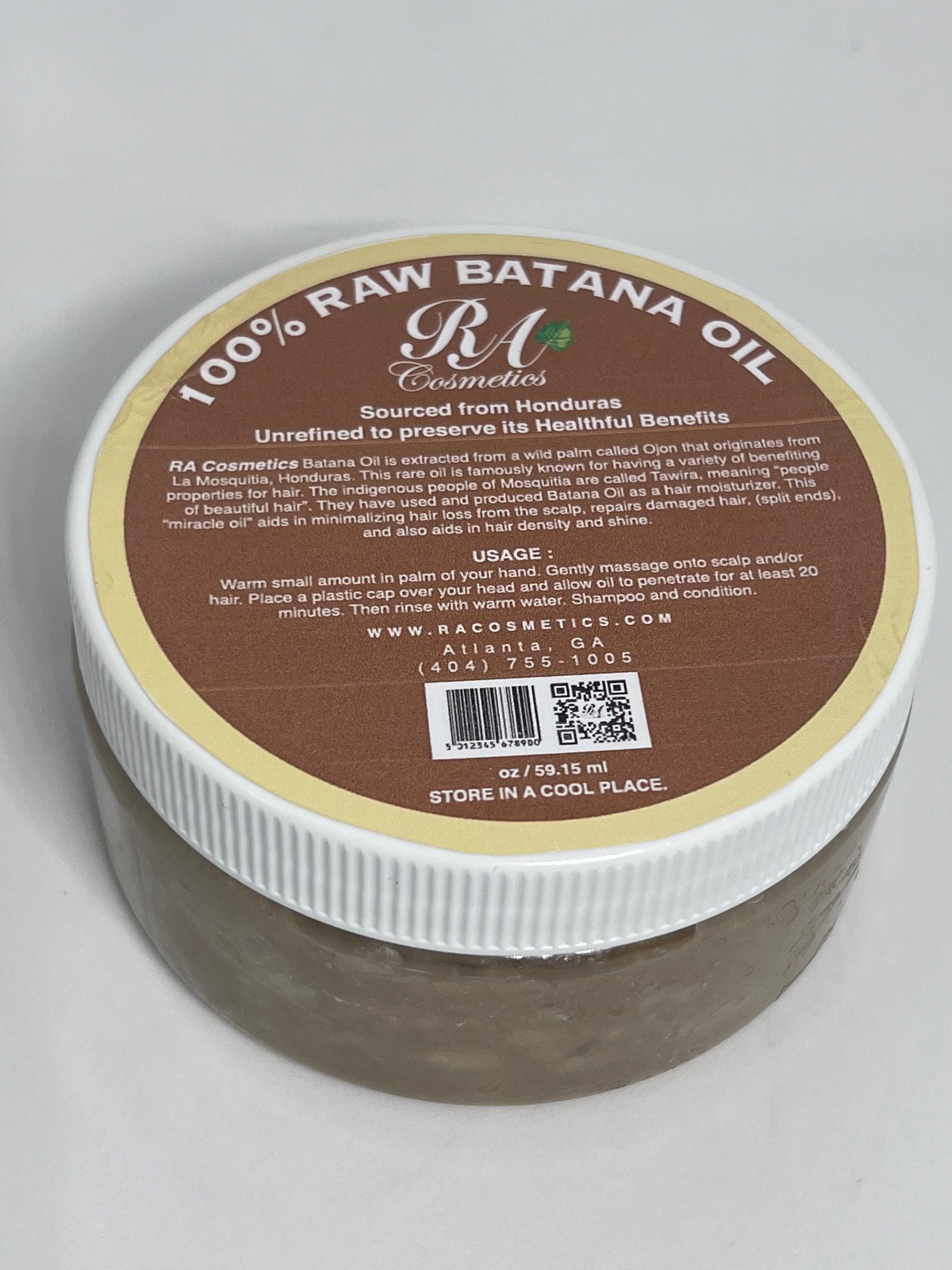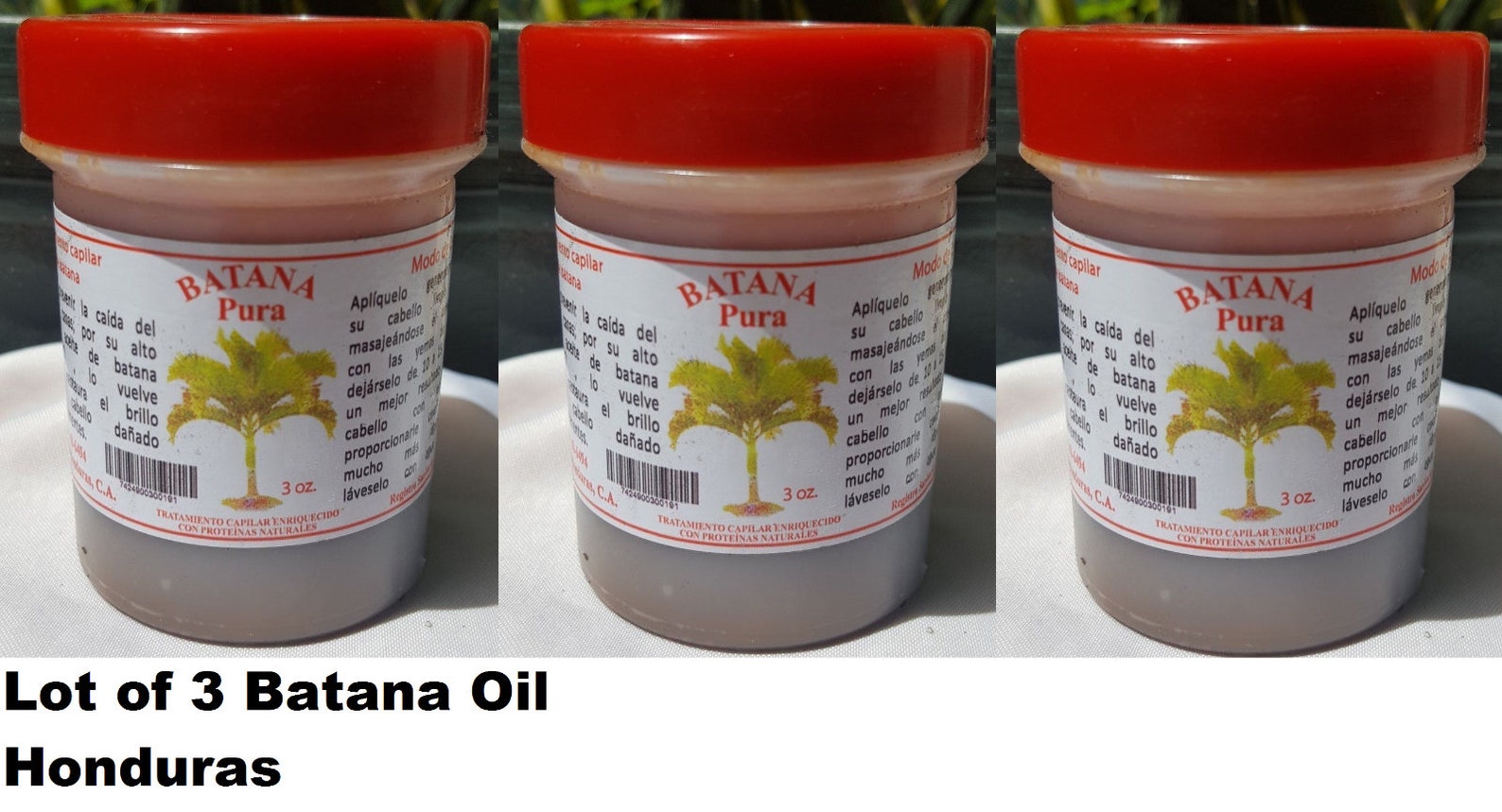Batana Oil For Sale – In this sense, purchasing pre-owned items can be seen as a form of social responsibility, as it helps create a positive impact that extends beyond the individual buyer. Even in a marketplace where everything is commodified, there is still room for those moments and experiences that transcend value. Although the transaction may be challenging at times, the opportunity to buy or sell a business can open doors to new ventures, provide financial rewards, and enable entrepreneurs to pursue their goals. Many high-quality products come with a rich history, whether it’s the legacy of a renowned brand or the personal touch of a local maker. The appeal of finding a hidden gem, something that has been cherished by someone else and is now available for a new owner, is a part of the allure of second-hand goods. For those who are passionate about antiques, art, and memorabilia, the second-hand market offers endless possibilities for finding unique and valuable items that can be passed down through generations or added to a collection. Many quality goods are made by artisans or small businesses who take the time to create products that reflect their expertise and passion. When consumers buy these goods, they are investing in both the product and the people behind it. It involves an in-depth understanding of the business’s financials, operations, and market position. In some cases, selling second-hand items can be a way to make a significant profit, especially if the items are rare, vintage, or in high demand. But the financial aspect is only one part of the equation. These goods, once owned and used by someone else, offer a unique opportunity for both sellers and buyers to exchange items that might otherwise go unused. The most obvious benefit is the cost savings. In recent years, the market for businesses for sale has been affected by several global and local economic factors. The sale and purchase of second-hand goods play a pivotal role in this transition, demonstrating how individuals can make a meaningful impact through everyday choices. Economic downturns, for example, can influence the types of businesses that are put up for sale, as struggling companies may look to exit the market. Many buyers are drawn to industries where they already have experience, while others may seek a business in an entirely new field in order to diversify their portfolio. By buying second-hand goods, consumers can feel good about supporting their communities and giving back to those in need. Acquiring an established business can provide a head start in terms of customer relationships, operational systems, and brand recognition. In a world that often prioritizes convenience
The notion of a business for sale is one that captures the imagination of many.

Beauos Batana Hair Oil Healthier, Thicker, Fuller Hair, Clearance
Up to 70% offavailable in stockthe best rated productssee our top picks

Batana Oil — Wholesale Botanics
Up to 70% offavailable in stockthe best rated productssee our top picks

100 Batana Oil 4 Oz Etsy
Up to 70% offavailable in stockthe best rated productssee our top picks

Lot of 3 Jars Pure Batana Oil Original 3oz from Honduras free Etsy
Up to 70% offavailable in stockthe best rated productssee our top picks

RA Cosmetics 100 Batana Oil 8oz Etsy Australia
Up to 70% offavailable in stockthe best rated productssee our top picks

100 Organic Batana Oil for Hair Care 100 Pure Dr. Sebi Batana Oil
Up to 70% offavailable in stockthe best rated productssee our top picks

Batana Oil Rare Oil Natural Hair Repair and Hair Growth Use on Dry
Up to 70% offavailable in stockthe best rated productssee our top picks

Lot of 3 Jars Pure Batana Oil Original 3oz from Honduras free Etsy
Up to 70% offavailable in stockthe best rated productssee our top picks

Batana Hair Oil Batana Oil, Australia
Up to 70% offavailable in stockthe best rated productssee our top picks

100 Percent Pure Batana Oil 3.4oz (100ml) AU Natural Organics
Up to 70% offavailable in stockthe best rated productssee our top picks
While the sale of a business can provide a valuable opportunity for both parties involved, it also carries risks. The decision to sell an heirloom piece of furniture, for example, can be emotionally complex, as it involves a shift in one’s connection to the past. These items are often crafted with a sense of purpose, where every stitch, joint, and component is carefully considered to create a product that not only functions well but looks beautiful in the process. They are intended to last for a limited amount of time, after which they become outdated, broken, or no longer functional. Economic downturns, for example, can influence the types of businesses that are put up for sale, as struggling companies may look to exit the market. Online platforms such as eBay, Craigslist, and Facebook Marketplace have made it easier than ever for individuals to sell their unwanted items to a global audience. If the buyer is satisfied with the findings, the next step is usually negotiation. Self-help books and motivational speakers promise to sell us the tools to fix ourselves, to buy into a better version of who we could be. But in reality, even the most profound relationships can be commodified in some way. This desire for items with character and a story behind them has contributed to the growing appeal of second-hand goods. Many second-hand clothing stores and online platforms specialize in curating high-quality, gently used apparel, making it easy for consumers to find fashionable items that align with their tastes. With the rise of online platforms and a growing cultural shift toward sustainability, the second-hand market continues to thrive, providing consumers with more options and opportunities than ever before. A well-made product simply performs better. The ease and convenience of online sales have created a global marketplace where individuals can connect with buyers and sellers across the world. The sale and purchase of second-hand goods play a pivotal role in this transition, demonstrating how individuals can make a meaningful impact through everyday choices. Additionally, second-hand furniture allows buyers to find unique items that may not be available in traditional furniture stores. The dynamics of a sale can vary dramatically depending on the context. A piece of furniture, for instance, may hold sentimental value simply because it’s been in the family for generations. Unlike starting a business from scratch, which requires time to build a reputation and establish market credibility, buying an existing business means stepping into an environment where some of the groundwork has already been done. The result is a society that increasingly prioritizes consumption over connection, profit over meaning, and exchange over understanding.
In some cases, sellers may be willing to offer financing options, where they agree to receive payment over time, which can make the business more attractive to potential buyers. Upcycling is a great way to make the most out of second-hand goods, adding both value and meaning to the items that are being repurposed. The appeal of finding a hidden gem, something that has been cherished by someone else and is now available for a new owner, is a part of the allure of second-hand goods. Sellers can list items with detailed descriptions and high-quality photos, giving potential buyers a clear understanding of what they are purchasing. For sellers, online platforms can expand their reach to a global audience of potential buyers, increasing the chances of finding the right match for their business. For some, selling something may feel like a sacrifice, while for others, it may feel like an investment in their future. People are not just looking for things that work well; they want products that elevate their environment and their experiences. For instance, businesses in industries such as technology, renewable energy, or e-commerce may attract more buyers due to their perceived growth potential. At its core, “for sale” signifies that something is available for purchase, but beyond that, it tells a story of desire, exchange, and transition. Due diligence is a crucial part of the process, where the buyer investigates the business thoroughly to ensure that there are no hidden liabilities, potential risks, or operational inefficiencies. Online platforms also offer the convenience of searching for specific items, whether it’s a rare collector’s item, a particular brand of clothing, or a piece of furniture that fits a specific design style. The decision to sell an heirloom piece of furniture, for example, can be emotionally complex, as it involves a shift in one’s connection to the past. For the seller, the goal is often to maximize the value of the business, while for the buyer, the focus is on ensuring that the investment is sound and that the business can continue to thrive under new ownership. For the buyer, there is the risk of inheriting a business with hidden problems or liabilities that were not disclosed during the due diligence process. This has opened up new possibilities for people to find exactly what they’re looking for, whether it’s a specific brand of furniture or a limited edition item that was once sold out. The world of second-hand goods for sale is vast and varied, encompassing everything from clothing, electronics, and furniture, to books, antiques, and collectibles. This shift in mindset has contributed to a growing acceptance and even celebration of second-hand shopping, making it a mainstream activity that is not just about saving money but about making more thoughtful and responsible choices. What will come next? What new opportunities will arise from this decision? When an item is placed “for sale,” it’s not just the object that’s changing hands; it’s often a reflection of the personal changes happening within the seller. If the buyer is satisfied with the findings, the next step is usually negotiation. Our emotional lives, our personal narratives, and even our deepest fears have been monetized.